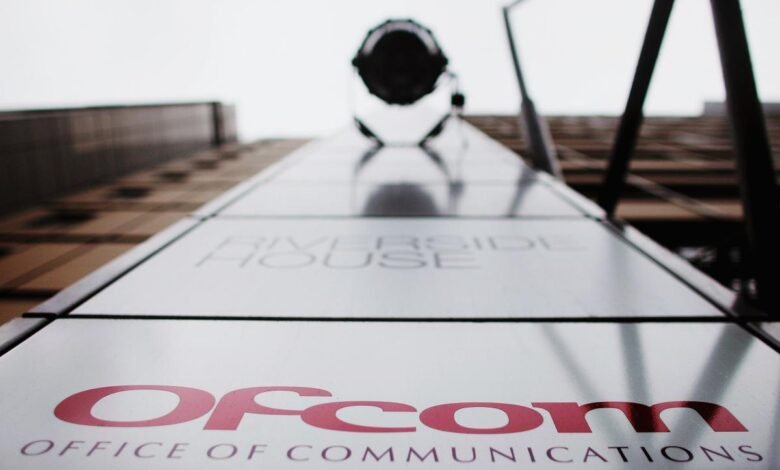UK demands adult content sites introduce ‘effective’ age verification methods

The UK has spent over a decade attempting to regulate who can access adult content online and has failed, again and again. But things might just change, as OfCom, the country’s government-approved communication services regulator, has finally published its age checks guidance. How exactly, they’ll enforce that guidance is unclear, but baby steps.
The new obligations stem from the October 2023 Online Safety Act, which requires services to stop children from accessing pornographic content. Ofcom released an initial draft of expectations for services in late 2023, stating it would publish its final guidance in early 2025 — so, we’re right on time.
“For too long, many online services which allow porn and other harmful material have ignored the fact that children are accessing their services,” said Melanie Dawes, Ofcom’s chief executive, in a release. “Either they don’t ask or, when they do, the checks are minimal and easy to avoid. That means companies have effectively been treating all users as if they’re adults, leaving children potentially exposed to porn and other types of harmful content. Today, this starts to change.”
First off, Ofcom is requiring all applicable services to determine if children are likely to access any part of their offerings by April 16. That same month, Ofcom will publish its Protection of Children Codes and guidance on conducting a children’s risk assessment. Any service likely to be used by children will need to conduct said assessment by July. They also need to have protective measures in place if children try to use their services, such as age checks. Any site that has pornography (whether created by the service, users or generative AI) must introduce strict age checks as soon as possible.
As Ofcom puts it, “age-checking methods deployed by services must be technically accurate, robust, reliable and fair in order to be considered highly effective.” These techniques can include photo ID matching, facial age estimation, digital identity services, and mobile network operator age checks, to name a few. Users self-declaring their age and online payments in which a person doesn’t have to be 18 are not acceptable methods. Pornography shouldn’t be at all visible before or while these checks are occurring. However, the regulator stresses that services must balance protecting adult users’ privacy and access rights.
Ofcom states it will contact many adult services about these requirements and “will not hesitate” to act against or investigate services that ignore their obligations. Again, these exact actions are unclear, so we’ll see how well these regulations will be enforced.
Source link




